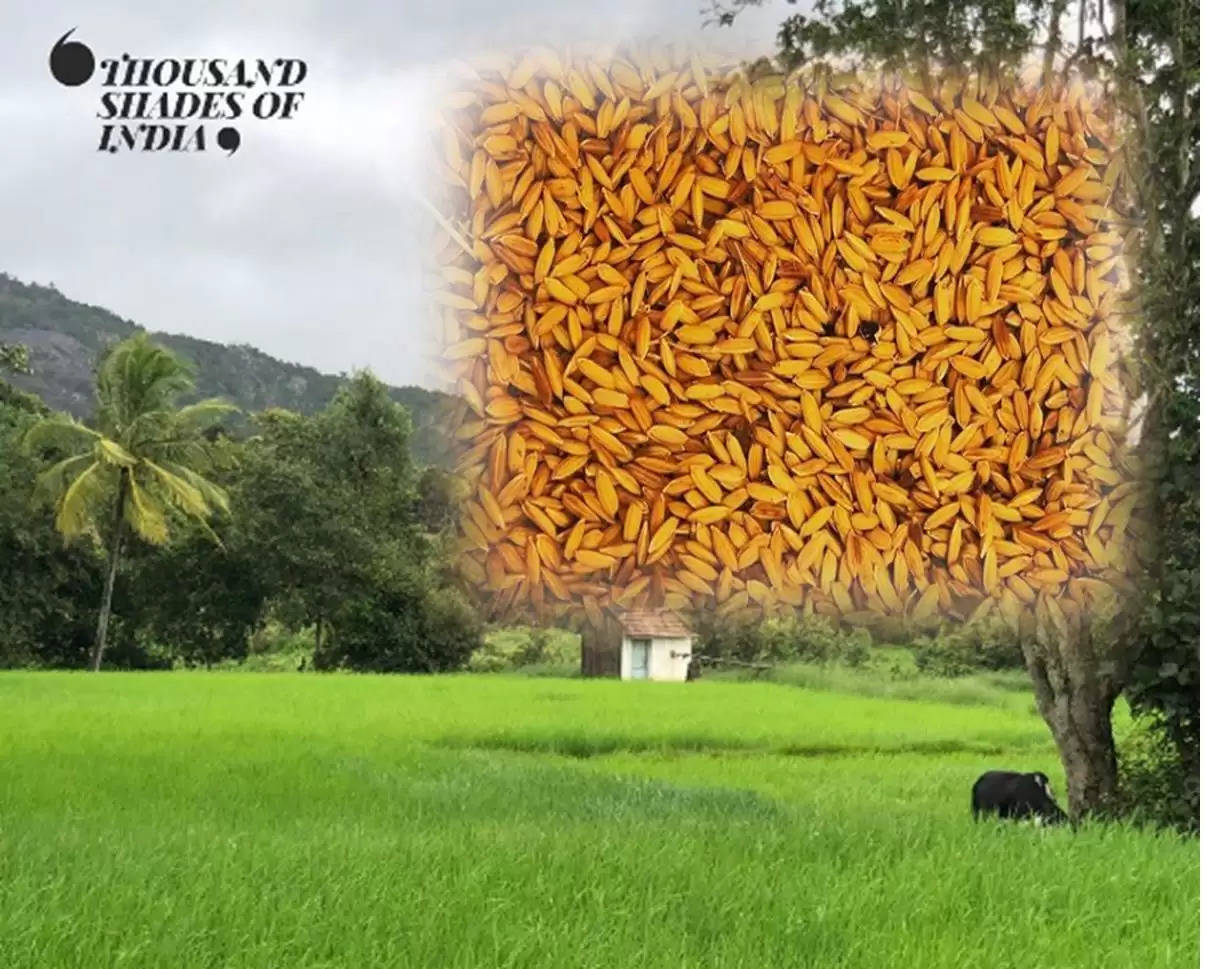Only 7000 varities of Rice survive in India today, from more than 1.1 lakh 30 years ago
Tribals in many parts of India continue to grow and consume some of these unique varieties, while making efforts to preserve their agricultural heritage.
by: Thousand Shades of India
Did you know? Until 1970, India had more than 1.10 lakh varieties of rice, of which only 7,000 survive now!
Though, the inheritors of a diverse rice culture, currently, Indians do not consume more than a few dozen varieties of rice.
Indians were among the earliest cultivators of rice in the world, with a 10,000-year old paddy culture. Traditionally, all regions, communities and tribes of India had their own indigenous varieties that were suitable to the local natural elements.
Tribals in many parts of India continue to grow and consume some of these unique varieties, while making efforts to preserve their agricultural heritage.
These local varieties have nutritional values and medicinal properties that help the consumers build their immunity better than other varieties grown elsewhere.
But, thanks to the so called ‘green revolution’ that came into effect in the 1960s and 70s, replacing diversity with monoculture and hybrid seeds, supposedly for higher yield, India’s rich rice heritage was destroyed.
Though, the ‘green revolution’ has made sure that India is the now the world’s second largest producer of rice and the largest exporter, it could hardly address the problem it sought to solve - the welfare of the farmers.
India’s more than 150 million farmers continue to suffer, with new problems adding to their woes daily.
Thankfully, there is a growing movement of agriculturists and conservationists, who are not only raising awareness about what was lost but are also driving the efforts to preserve whatever little has survived. As a result, a number of seed collectives have emerged that are collecting little known and near extinct varieties, while encouraging farmers to grow them.
As the southwestern #monsoon arrives, ushering in the country’s paddy season, let’s take stock of our position in the #food chain and see where we stand as consumers and what we can do to preserve our agricultural heritage.
This monsoon, find out what varieties of rice your grandparents used to eat in their childhood, see if any of it is still grown and if you are lucky to find one, try it out and help perpetuate the diversity of India.
To join us on Facebook Click Here and Subscribe to UdaipurTimes Broadcast channels on GoogleNews | Telegram | Signal



